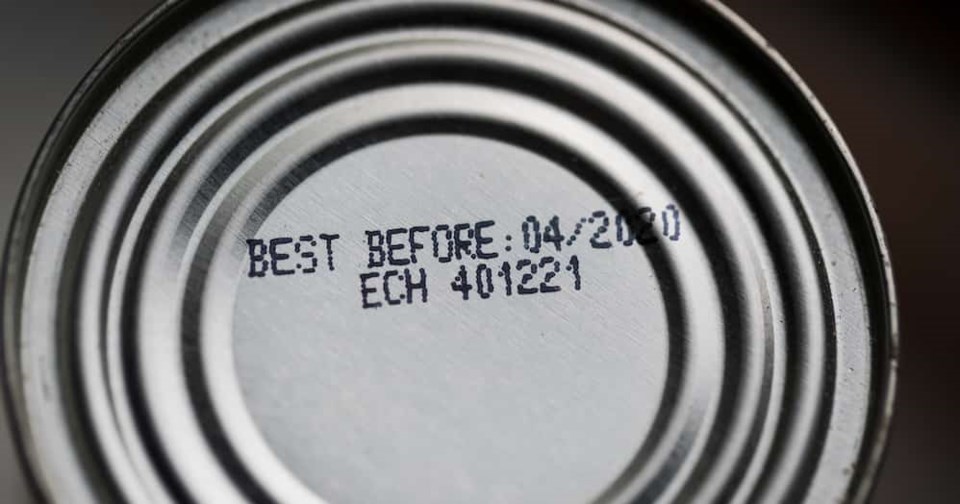Do you ever feel like the Best Before or Expiration Date is too early?
Depending on which one it is, it might be.
While a Best Before date gives an "anticipated" amount of time that a food will retain its freshness, it doesn't mean that eating the product will hurt you. However, it might be that it has lost some of its nutritional value, or that the taste is a bit off. As such, a slightly odd taste doesn't necessarily mean trouble.
So, if you always throw out food that's a day or two past the Best Before date, you might be wasting money. In fact, studies show that over 60 per cent of food that Canadians throw away could have been eaten but ended up in the compost or garbage.
The Canadian Food Inspection Agency states that Best Before dates do not guarantee product safety. However, they do give you information about the freshness and potential shelf-life of the unopened foods you are buying.
Expiration Dates, in contrast, are required on certain foods that have strict compositional and nutritional specifications which might not be met after the specified date. As such, food should not be bought, sold or eaten if the expiration date has passed. It should be thrown away.
Expiration dates must be used on the following products:
- formulated liquid diets (nutritionally complete diets for people using oral or tube feeding methods)
- foods represented for use in a very low-energy diet (foods sold only by a pharmacist and only with a written order from a physician)
- meal replacements (formulated food that, by itself, can replace one or more daily meals)
- nutritional supplements (food sold or represented as a supplement to a diet that may be inadequate in energy and essential nutrients)
- human milk substitutes (infant formula)
What should you do if you see a product for sale that has passed the expiration date?
You should report a concern to the CFIA if you want to lodge a complaint about a specific food product that you think does not meet regulatory requirements. This allows an inspector to begin an investigation that is in accordance with the CFIA's inspection and compliance principles.



